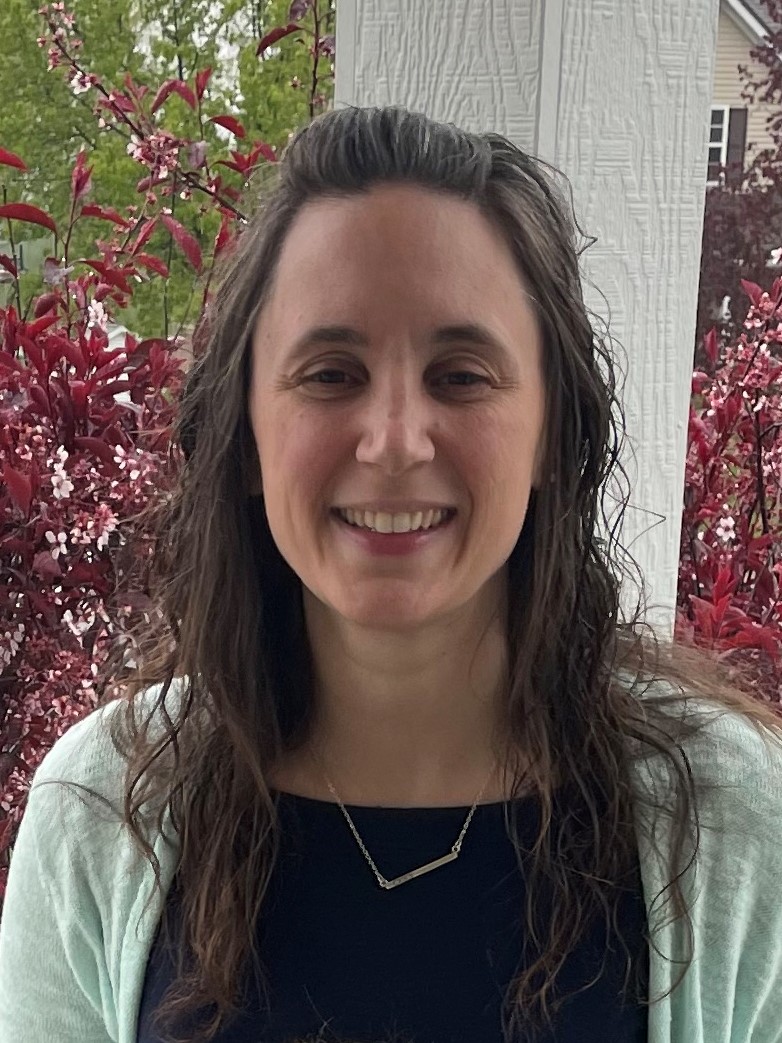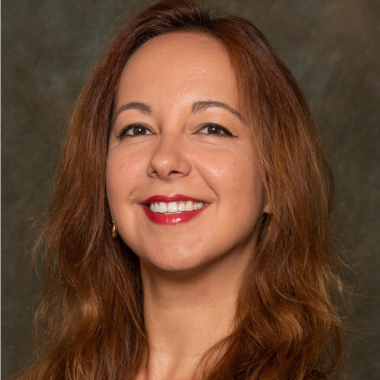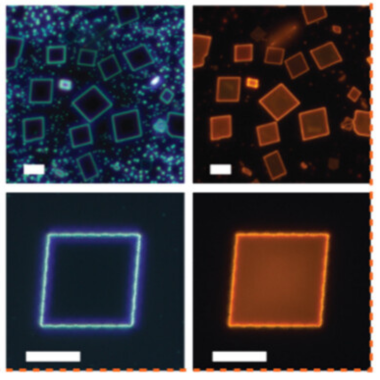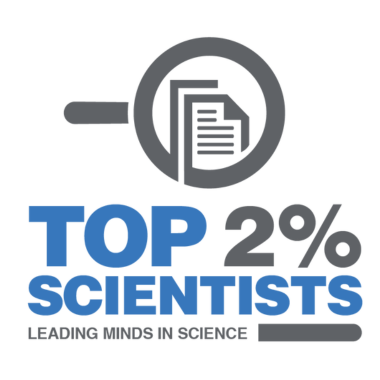Faculty Spotlight: Dr. Elizabeth McGaw
The MSU Chemistry Department is thrilled to welcome Dr. Elizabeth McGaw as one of two new Analytical and Physical Chemistry Lab Coordinators and Lecturers. No stranger to East Lansing, McGaw has been a figure in the Spartan chemistry community for many years. After completing her bachelor’s at MSU, McGaw simultaneously earned her Master’s in Forensic Chemistry under Professor Ruth Smith and her Ph.D. in Analytical Chemistry in the lab of Professor Greg Swain. These complementary fields of study would eventually lead to a postdoctoral position at the National Institute of Standards and Technology (NIST)—a scientific agency within the United States Department of Commerce. Building off the electrochemistry and metals analysis she performed during her graduate work, McGaw’s postdoc experience saw an expansion into other corners of analytical chemistry, namely the application of separation science to a diverse range of substances including PAHs and human plasma. Following her time at NIST, McGaw would go on to teach chemistry at both the University of Maryland and Adrian College, before returning to MSU in August 2022.

With over a decade of experience in general chemistry, analytical chemistry, and physical chemistry courses, McGaw is excited to bring this teaching expertise back to her alma mater. Alongside Analytical and Physical Chemistry Lab Co-Coordinator Dr. Steven Hurney, McGaw will help support, develop, and innovate MSU’s undergraduate chemistry experience. At the heart of this process is a focus placed on building student relationships and a keen sense of scientific mentorship. In comparison to larger chemistry lectures, McGaw prizes the power and importance of working closely with individual students in the laboratory courses at different stages of their chemistry journey.
“I really appreciate the chance to be in these smaller environments,” she explained. “For instance, we teach an honors general chemistry lab which will feature first-year students who are naturally pretty excited about chemistry, and I’ll also get to see these students later as they come back for more advanced labs. It’s great seeing them progress through our program.”
For McGaw, this growth into more advanced chemistry is often reflected in students’ ability to not only perform accurate science, but to hone the skills needed to critically reflect and discuss the work being done.
“Often, we’re asking students to bring together concepts from numerous classroom experiences—physical, analytical, organic, inorganic—and to consider how they can communicate their chemistry clearly. What kind of data do you have, where does it come from, and how will you apply it? We see this as a sort of turning point from the lower-level lab experience to our higher-level courses. Outside of a classroom setting, no one’s going to provide a set of discussion questions to respond to. Being able to think critically and communicate well is key.”
With undergraduates looking to future carers in academia, industry, medicine, and beyond, the Analytical and Physical Chemistry Lab has become a unique space where MSU chemists can gain firsthand knowledge of advanced scientific instrumentation they’ll carry with them long after graduation. On any given day in the newly renovated teaching labs, students are tackling analytical processes like gas chromatography, mass spectrometry, liquid chromatography, and atomic spectroscopy, and likewise gain experience with supportive analytical instrumentation and software. As with the importance of students’ critical thinking skills, McGaw points to instrumentation as another foundational learning opportunity that’s best leveraged for deeper understanding.
“While our students work to grasp the fundamentals of spectroscopy, we also have a very unique laser space where they can practice constructing instruments from individual components,” offered McGaw. “This is a huge step toward understanding just how a commercial instrument functions—instruments students will likely be using once they leave MSU. If we can help them understand the pieces and processes of their tools, it’s an immense advantage when they conduct their own future research.”
Looking ahead, McGaw is excited at the prospect of introducing chemistry students to instrumentation even earlier during their time at MSU. This will allow them to take on even more complex lab work in later courses and reinforce a working knowledge of chemistry that will be useful along any professional path.
“As we ask students to present their findings, create lab reports, and design and format their graphs, we see them building up these great transferable skills,” said McGaw. “Here’s a hands-on chemistry experience that we know will help them no matter where they end up.”



